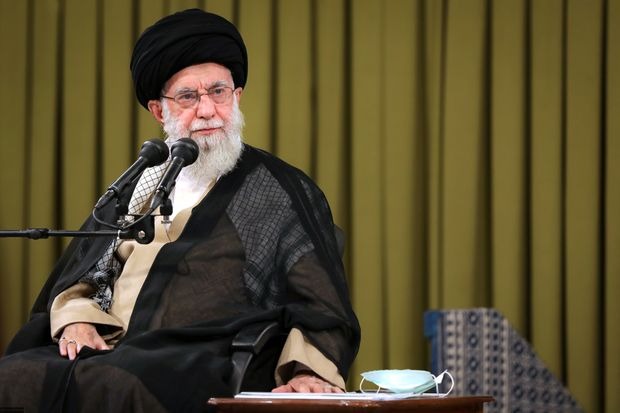The environment ministers of China, Japan, and South Korea have reaffirmed their collective commitments to address pressing global challenges, including climate change, biodiversity loss, and environmental pollution. The 24th Tripartite Environment Ministers Meeting (TEMM24), held in Nagoya, Japan, from Friday to Saturday, saw a renewed commitment to trilateral collaboration on environmental protection. As the world grapples with increasingly severe environmental crises, these three nations are pooling their expertise and resources to tackle these challenges head-on.
Ministers Reaffirm Commitments to Environmental Protection:
The gathering of these three nations’ environment ministers provided an opportunity to reflect on the progress made in their respective environmental policies and explore avenues for closer cooperation. In a joint communique, the ministers expressed their willingness to explore “Trilateral+X” collaborations, particularly in areas related to climate change and marine environmental protection. This united front aims to accelerate the implementation of the United Nations 2030 Agenda for Sustainable Development, signaling their dedication to a sustainable future.
China’s Minister of Ecology and Environment, Huang Runqiu, underscored the significance of the long-standing collaboration, stating that China is committed to enhancing cooperation between China, Japan, South Korea, and other regional mechanisms. This includes the ASEAN Plus Three, environmental information exchange, and experience-sharing with more nations. The objective is to extend the benefits of trilateral environmental cooperation, making substantial contributions to sustainable development across East Asia and beyond.
Collaboration Grows Stronger Amid Global Environmental Crises:
The urgency of environmental issues has become increasingly evident, with extreme weather events, such as high temperatures, heavy rainfall, and super typhoons, becoming alarmingly frequent. South Korea’s Minister of Environment, Han Wha-jin, emphasized the need for collective wisdom in facing these challenges. The three nations acknowledged their shared responsibility in addressing climate and environmental concerns, committing to maintain their collaborative relationships. Their goal is to lead in mitigating climate and environmental crises not only in Northeast Asia but also on a global scale.
Since the inception of TEMM in 1999, the mechanism has played a pivotal role in promoting environmental collaboration among these nations. Japan’s Minister of the Environment, Shintaro Ito, highlighted the various crises the world currently faces, such as climate change, biodiversity loss, and plastic pollution. He stressed the importance of strengthening environmental cooperation and expressed hope that through TEMM, the three countries could effectively share carbon reduction policies and technologies, contributing to the global goal of reaching peak greenhouse gas emissions by 2025.
Regional Leaders Seek to Lead on Climate and Environmental Challenges:
In terms of biodiversity, China, Japan, and South Korea continue to exchange information and expertise on invasive alien species through expert meetings. Collaboration encompasses the development of invasive species prevention and control technologies and joint research on on-site control methods. Additionally, when it comes to marine environmental protection, China focuses on regulating the discharge of pollutants into the sea, reinforcing marine environmental management.
Notably, the issue of nuclear-contaminated water from the Fukushima nuclear power plant was a point of concern during the meeting. Minister Huang urged Japan to handle the disposal of nuclear-contaminated water in a scientific and responsible manner, emphasizing the global significance of protecting the marine ecosystem and public health. He called for the establishment of an international monitoring mechanism, involving Japan, neighboring countries, and other stakeholders, to ensure transparency and credibility.
In response, Japan assured that the water treated by the Advanced Liquid Processing System had no adverse impact on people or the environment based on monitoring results, pledging to maintain objective, transparent, and credible monitoring. South Korea expressed deep concerns about the discharge of nuclear-contaminated water and urged Japan to adhere to international standards and provide transparent information to the international community.
The collaboration and reaffirmed commitments of China, Japan, and South Korea signal a united front in addressing environmental challenges and exemplify their dedication to the shared goal of a sustainable and environmentally responsible future. As they intensify their efforts amid a backdrop of global crises, their leadership and cooperation offer a glimmer of hope for environmental progress on a broader scale.
















